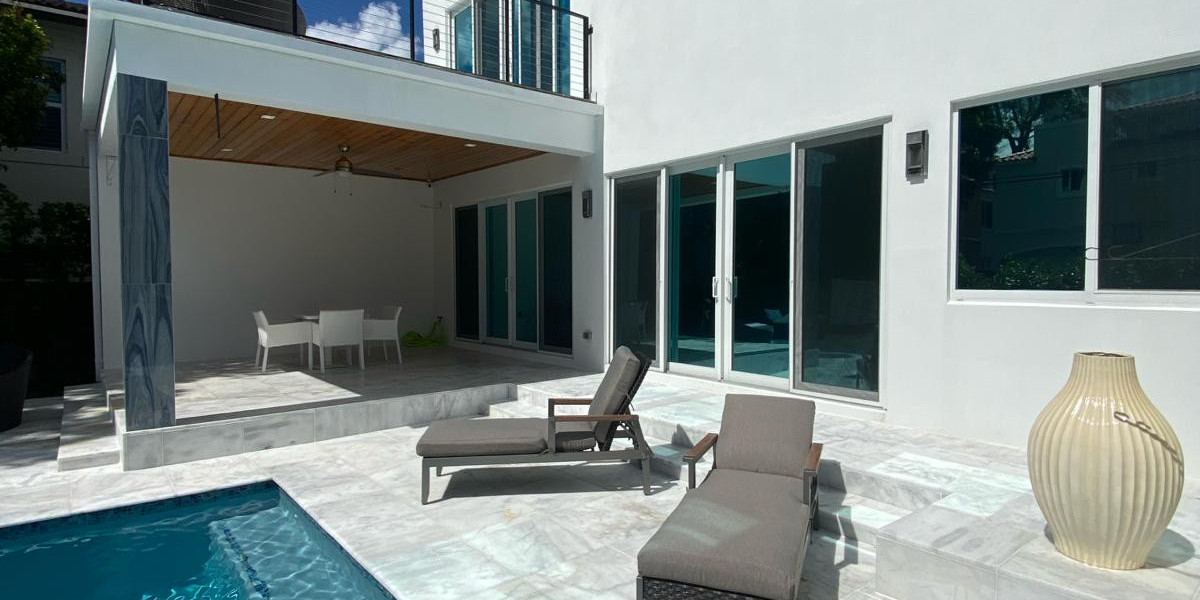Residential window tinting is a practical and stylish solution for homeowners looking to improve energy efficiency, enhance privacy, and protect their interiors. Whether you're considering window tinting for its aesthetic appeal or functional benefits, this comprehensive guide will cover everything you need to know before deciding.
1. What Is Residential Window Tinting?
Window tinting involves applying a thin film to the glass surfaces of your home. Available in various shades and styles, window films serve different purposes, from blocking harmful UV rays to adding privacy and security.
2. Benefits of Residential Window Tinting
a) Energy Efficiency
Tinted windows help regulate indoor temperatures by reducing heat gain in summer and retaining warmth during winter. This can lead to significant energy savings and lower utility bills.
b) UV Protection
Residential window tint blocks up to 99% of harmful UV rays, preventing skin damage and protecting furniture, flooring, and artwork from fading.
c) Enhanced Privacy
Privacy window films prevent outsiders from looking in while allowing natural light to enter. They are ideal for bathrooms, bedrooms, and street-facing windows.
d) Increased Security
Security films provide an extra layer of protection by reinforcing windows and reducing the risk of breakage. In case of accidents or break-ins, the film holds shattered glass together, minimizing injury.
e) Glare Reduction
Tinted windows reduce glare from sunlight, making it easier to watch TV, work on a computer, or read without discomfort.
3. Types of Residential Window Films
Solar Control Film: Blocks UV rays and reduces heat while maintaining a clear view.
Privacy Film: Offers one-way visibility or frosted glass for enhanced privacy.
Security Film: Strengthens windows to protect against break-ins or severe weather.
Decorative Film: Enhances aesthetics with frosted, stained glass, or etched designs.
4. Factors to Consider Before Installing Window Tint
Purpose: Determine if your primary goal is privacy, energy efficiency, or security.
Local Laws: Ensure compliance with regulations regarding tinting levels.
Window Orientation: South and west-facing windows may benefit most from solar control films.
Budget: Choose a film that suits your financial plan and long-term goals.
Professional Installation: While DIY kits are available, hiring a professional ensures flawless results and longevity.
5. Maintenance and Care
Maintaining tinted windows is simple with these tips:
Wait at least 30 days before cleaning the newly installed film.
Use a soft cloth or squeegee with a mild, ammonia-free cleaner.
Avoid using abrasive tools that could scratch or damage the film.
Inspect periodically for signs of wear or peeling.
6. Final Thoughts
Residential window tinting is a smart investment that enhances your home's comfort, privacy, and energy efficiency. By understanding the different types of films and their benefits, you can make an informed decision that suits your lifestyle and budget.








